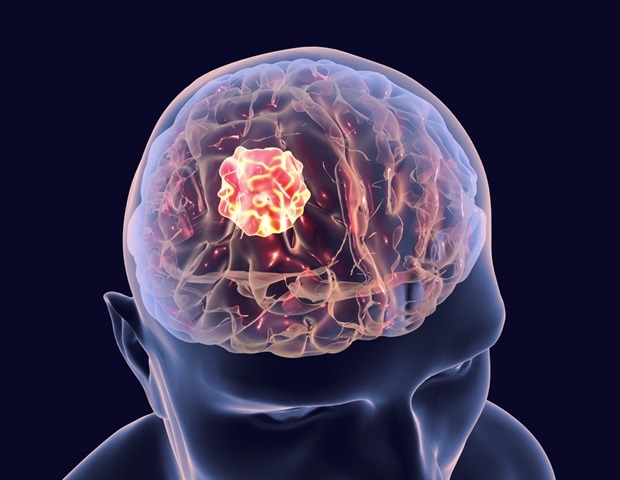
The research team of Miguel Hernández Univeristy (UMH) professor Salvador Martínez and the team of researcher Rut Valdor, from the University of Murcia, have showed how the glioblastoma - the most common brain cancer - "hijacks" the defensive cells that surround the blood vessels of the brain to deactivate their anti-tumor action, and forces them to work to spread the tumor.
Furthermore, in a mouse model, they have managed to revert this process and prevent the development of the tumour. This discovery, coordinated from the UMH-CSIC Neurosciences Institute, opens the door to new therapeutic methods to deal with this aggressive disease.
According to the UMH researcher, glioblastoma is the most common and aggressive brain cancer due to its heightened ability to dodge the immune system and grow. However, the detailed way in which it manages to create this immune tolerance remained unknown.
This new study, published in journal PNAS, shows how the tumor manages to invade healthy tissue with hardly any resistance, a finding that could become the Achilles heal that manages to stop the progression of this brain cancer. The groups of researchers Ana María Cuervo and Fernando Macian, from the Albert Einstein Med School (USA) have also collaborated in this project.
This brain cancer alters the role of the defensive cells that surround the brain's blood vessels, turning them into "enemy" cells by modifying one of the cellular "cleaning services": the autophagy guided by chaperones. By way of autophagy, the cell breaks down and destroys damaged or abnormal proteins. Chaperones are proteins that actively work on this task.
The alteration of this cleaning service caused by the brain cancer changes the proinflammatory defence task of the cells that surround the blood vessels to an immunosuppressant one, which favours the survival of the tumour.
According to UMH researcher Salvador Martínez, the results point to autophagy guided by chaperones as a promising therapeutic objective to treat this aggressive brain cancer that had no cure until now.
Previous works of the group showed that the influence of this type of brain cancer on the cell walls of blood vessels prevents destructive T lymphocytes from attacking the tumour. "This is why the brain can't detect the cancer and react to it," explains Salvador Martínez, head of the Experimental Neurobiology group of the Neurosciences Institute.
The new finding of the group tightens the net around this aggressive brain tumor and is aligned with the current hypothesis on the role of autophagy in supressing the first stages of tumor development and how alterations to this process contribute to their progression.
Glioblastoma multiforme is a highly invasive cancer characterised by changes to the brain's blood vessels and the gradual invasion of the surrounding tissues. As the UMH professor explains, it is the most common brain tumor and the one with the worst prognosis.
Despite decades of intense research, its complex biology is still not fully understood, and existing treatments have not achieved a significant increase in survival rates.
Asociación RUVID






No comments
Post a Comment